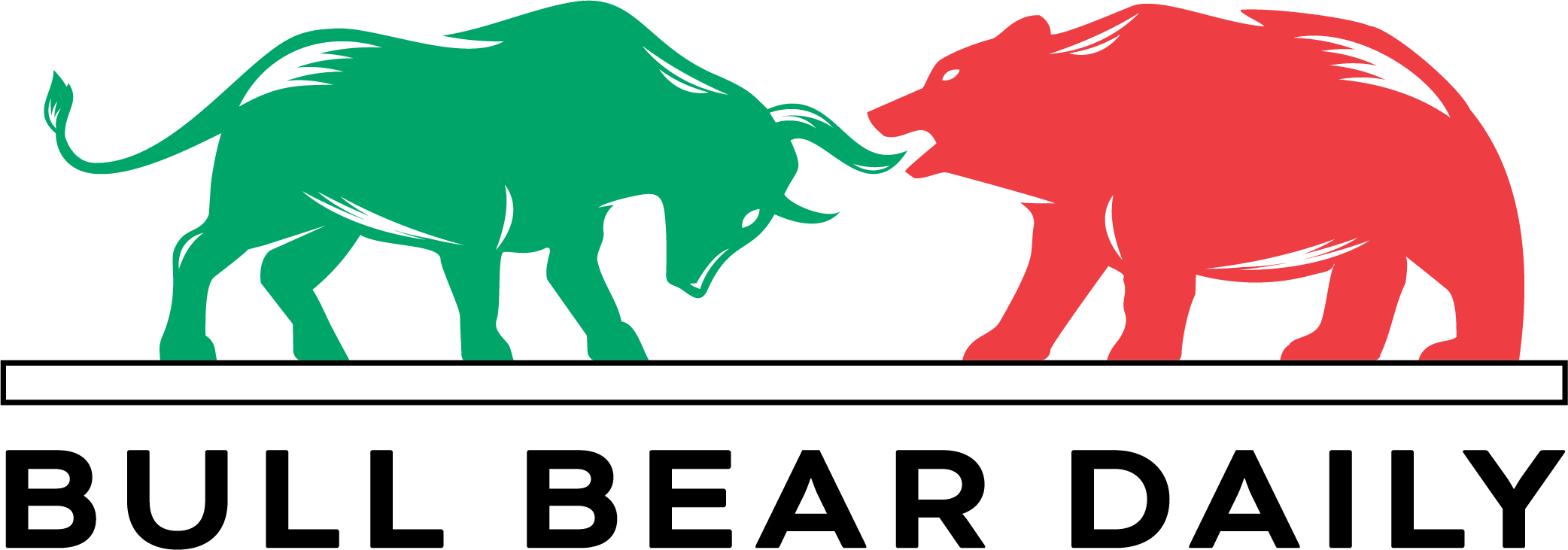By Siddhi Mahatole and Kamal Choudhury
(Reuters) -Abbott will buy cancer test maker Exact Sciences in a deal valued at up to $23 billion, including debt, marking one of its largest purchases in nearly a decade and a bold entry into the fast-growing cancer diagnostics market.
The deal, announced on Thursday, will bring Exact’s flagship colorectal cancer test Cologuard and early-stage breast cancer test Oncotype DX into Abbott’s diagnostics portfolio, helping offset revenue declines from its COVID-19 testing kits.
Abbott will pay $105 per share in cash, implying a near 22% premium to Exact stock’s last closing. Exact shares jumped nearly 18% to $101.5, while Abbott slipped about 1%.
The bid values Exact at a level it has not traded at since 2023, Bernstein analyst Christian Moore said, raising concerns over the premium paid and the strategic rationale of the deal, noting that Abbott does not have an oncology business that would benefit from the company’s tests.
The deal represents an equity value of about $21 billion and assumes absorption of Exact’s estimated net debt of about $1.8 billion.
“It does seem like the purchase price is a bit higher than the market expected, but I would give Abbott the benefit of the doubt given their history of making sound capital allocation decisions,” said James Harlow, senior vice president at Novare Capital Management.
INTERNATIONAL EXPANSION IS KEY
Abbott said international expansion is a top priority, noting that most of Exact’s revenue comes from the U.S.
The company plans to expand access to Exact’s tests to the point that it can get broad reimbursement coverage, CEO Robert Ford said.
Exact is projected to generate more than $3 billion in revenue this year and lift Abbott’s total diagnostics sales to more than $12 billion annually.
Abbott’s diagnostics segment reported sales of $9.34 billion for fiscal 2024, down 6.5% from the year ago.
The company expects the acquisition to be dilutive by 20 cents per share in 2026 and 16 cents in 2027, with double-digit earnings growth to return in 2027.
The deal is expected to close in the second quarter of 2026.
“Given the competitive landscape, we would not anticipate meaningful regulatory hurdles,” RBC analyst Shagun Singh said.
(Reporting by Padmanabhan Ananthan, Siddhi Mahatole and Kamal Choudhury in Bengaluru; Editing by Shilpi Majumdar)



